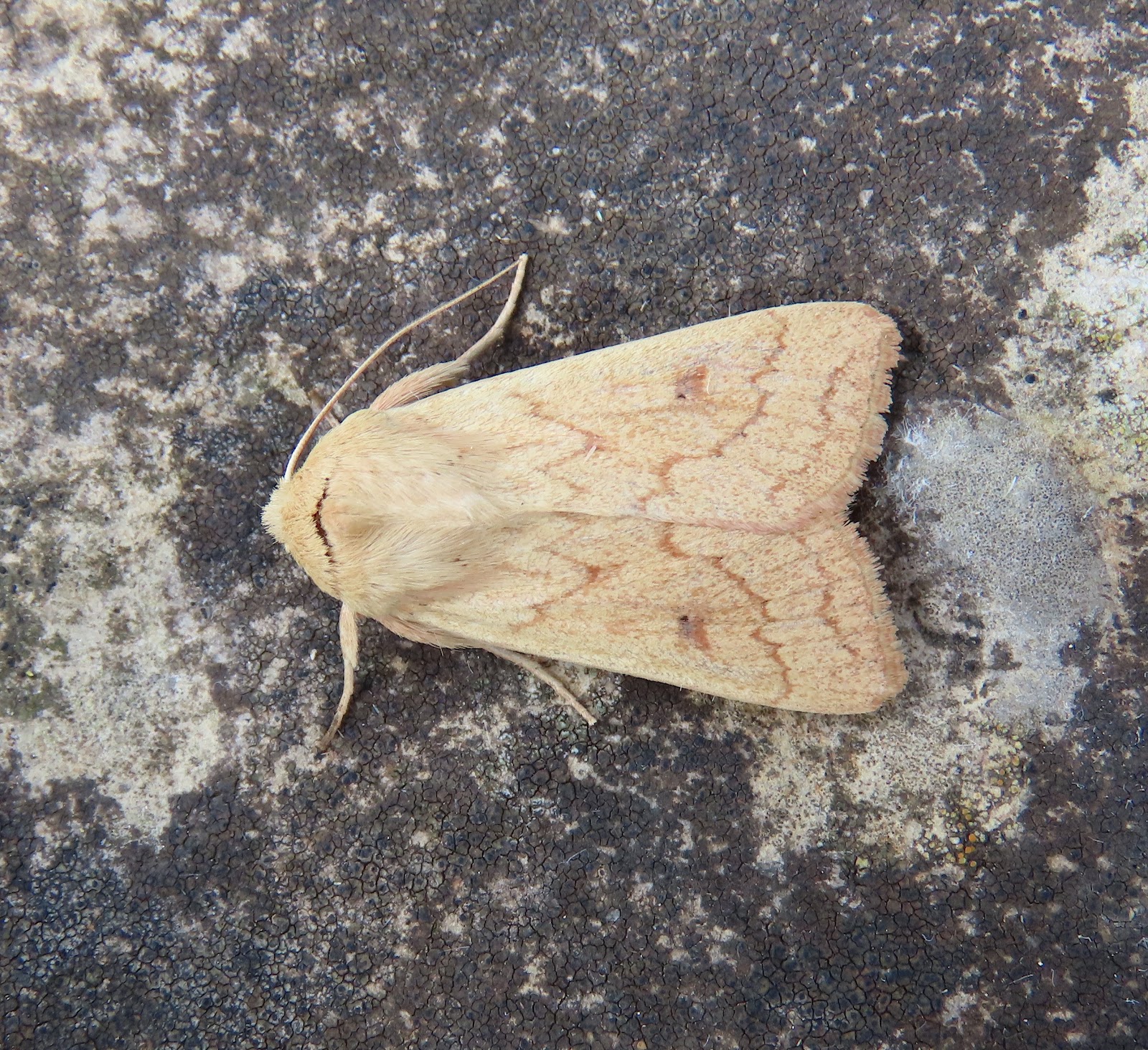A reckoning
It goes with the territory. If you are an advocate and an exponent of 'low-carbon' birding, of being green and of leaving the car in the driveway and walking (or taking public transport) to your places of birding, then it is prudent to 'walk-the-walk' and not just 'talk-the-talk'. It helps if you live by the coast, or at least close to a large water-body - your doorstep experience will be so much more rewarding than if you live, let's just say, on the edge of dry Surrey chalk downland. It is a fault of mine to embrace a cause and then become a cheerleader for it, rather than quietly support it. Thus, I bang on about the delights to be found in birdwatching my immediate area - and, believe me, there can be delights. But, in 2023, I am finding these delights to be hard to come by.
It can appear - and it is - a 'first-world' problem: that of bleating on about how poor the local birding is. When compared to what could be wrong in life it is of little consequence. But... the birding is not 'poor' because I cannot find a rarity, or there isn't a decent fall or vis-mig on offer, it is because our (my) bird numbers are disturbingly low. I could tell you that, in eight solid days of birding, across decent looking habitat, I have seen just single Whinchat, Common Redstart and Willow Warbler. What might be more disturbing is that I have also seen just a single Song Thrush. I can relay to you how cumulative hours have been spent looking across panoramas where not a single passerine breaks cover. Or skies that are empty. Migrants might be thin on the ground, and there is a temptation to dismiss their non-attendance due to unfavourable weather conditions - but that does not explain away a lack of our resident species. Missing finch and tit flocks. Thrush numbers that require one hand to count them on. Believe me, these are not the bleatings of a disappointed birder but the concern of a naturalist who, after 50 years of recording wildlife is witnessing numbers falling off the edge of a cliff. I do read about good numbers elsewhere. But to temper that I also hear others asking the same question as I do - "Where have all the birds gone?"
I had started a 14-day, on-foot, local birding blitz. A social-media shared celebration of embracing your local area. Not a single day of the eight I completed was anything other than, at the very least, a disappointment and at the worst an ornithological nightmare. Maybe I'm over-reacting to a situation that is, for whatever reason, exacerbated in my immediate area. I don't think so. I've stopped this project, having walked 153.8Km in the first seven days and birded across several habitats. There comes a time when you have to question why it is worth my while repeating this exercise when I know the results will not change. Yes, I could be lucky and witness a small fall, or a rush of hirundines or pipits southbound over the coming days. But they would fail to mask the underlying truth and the reason for starting the project in the first place.
It isn't a case of licking my wounds or getting over disappointments. I'll be out again soon. My question is this. In a country where wildlife (especially birds) is increasingly marginalised and threatened, how easy is it going to be to carry on embracing the 'low-carbon' model? Is it inevitable that to enjoy my birding again on a regular basis I'm going to have to travel? After 18-months of not having left my home ground to do so I can see that the 'new normal' of birding in north Surrey is going to be testing. There will, of course, be moments of great excitement - a Redwing movement here, a Hawfinch flock there - but the widening gaps between these highlights seem to be heading in the same bird-less direction.
In other news: the garden's third record of the migrant Delicate turned up in the garden MV on September 10th. Previous records were on 25/9/17 and 25/9/21.



Comments
On the other side of the coin, the PBO moth trap was stuffed with Delicates, a species I am patiently waiting to see in my own trap. One day... 😊
Best wishes, Stewart